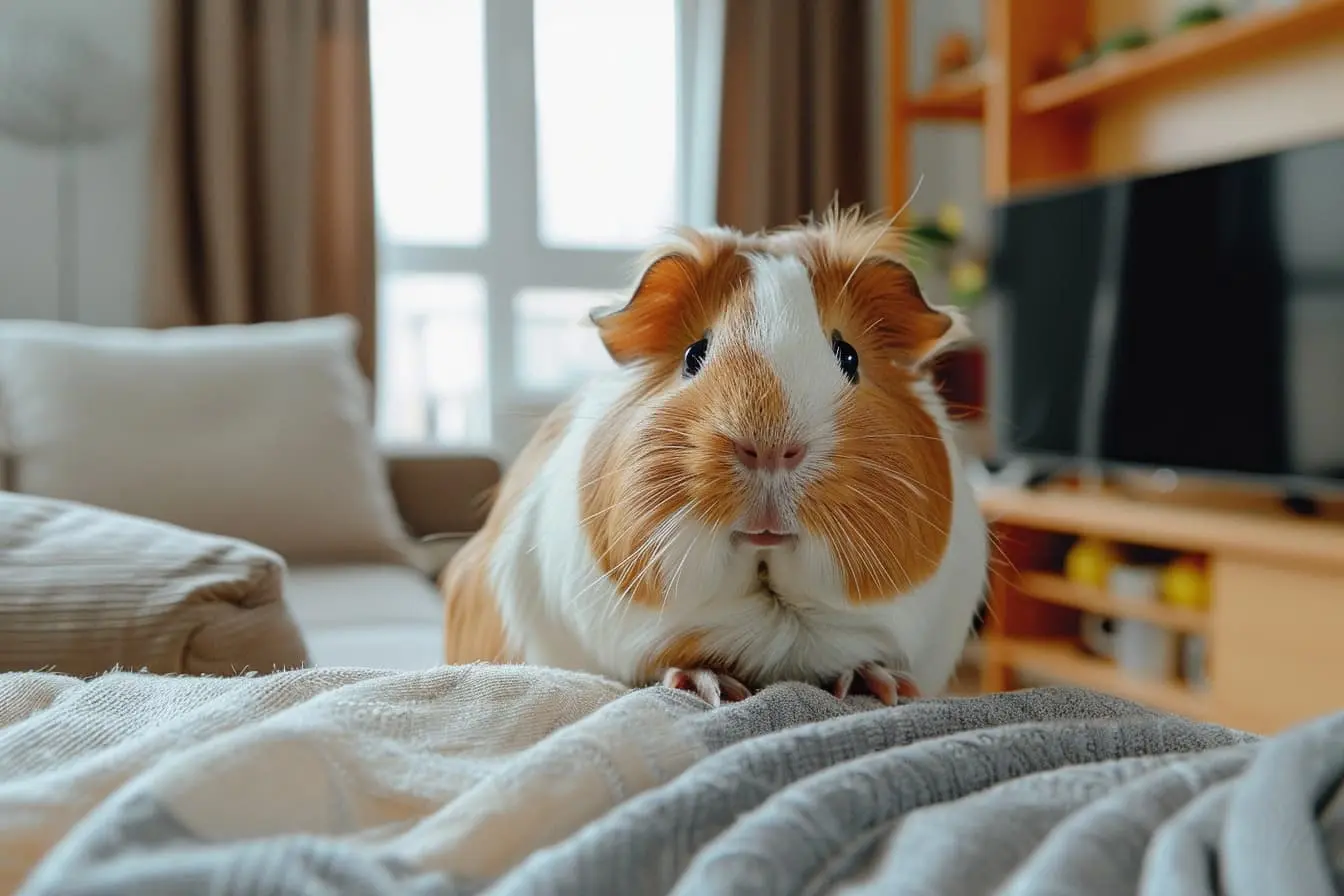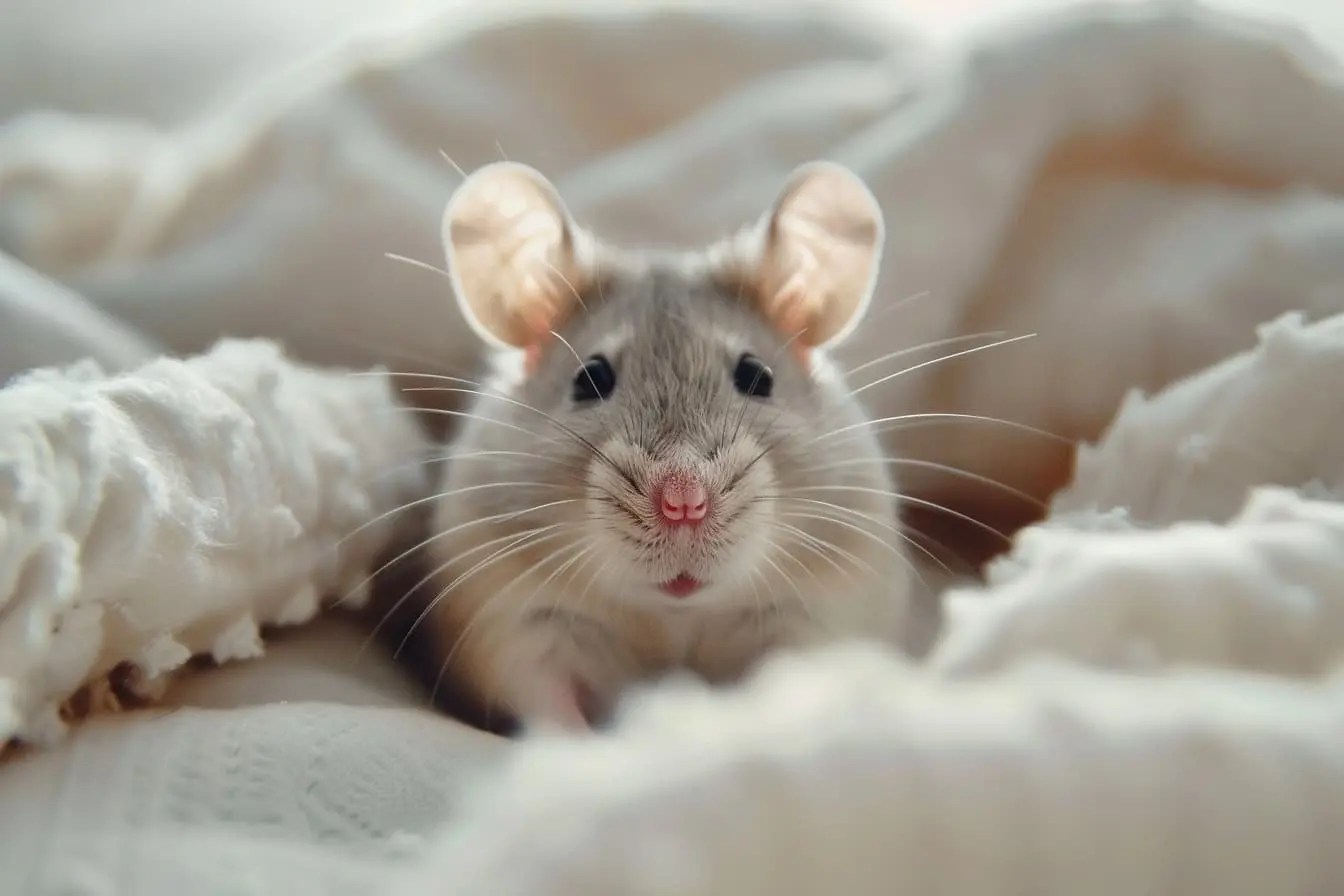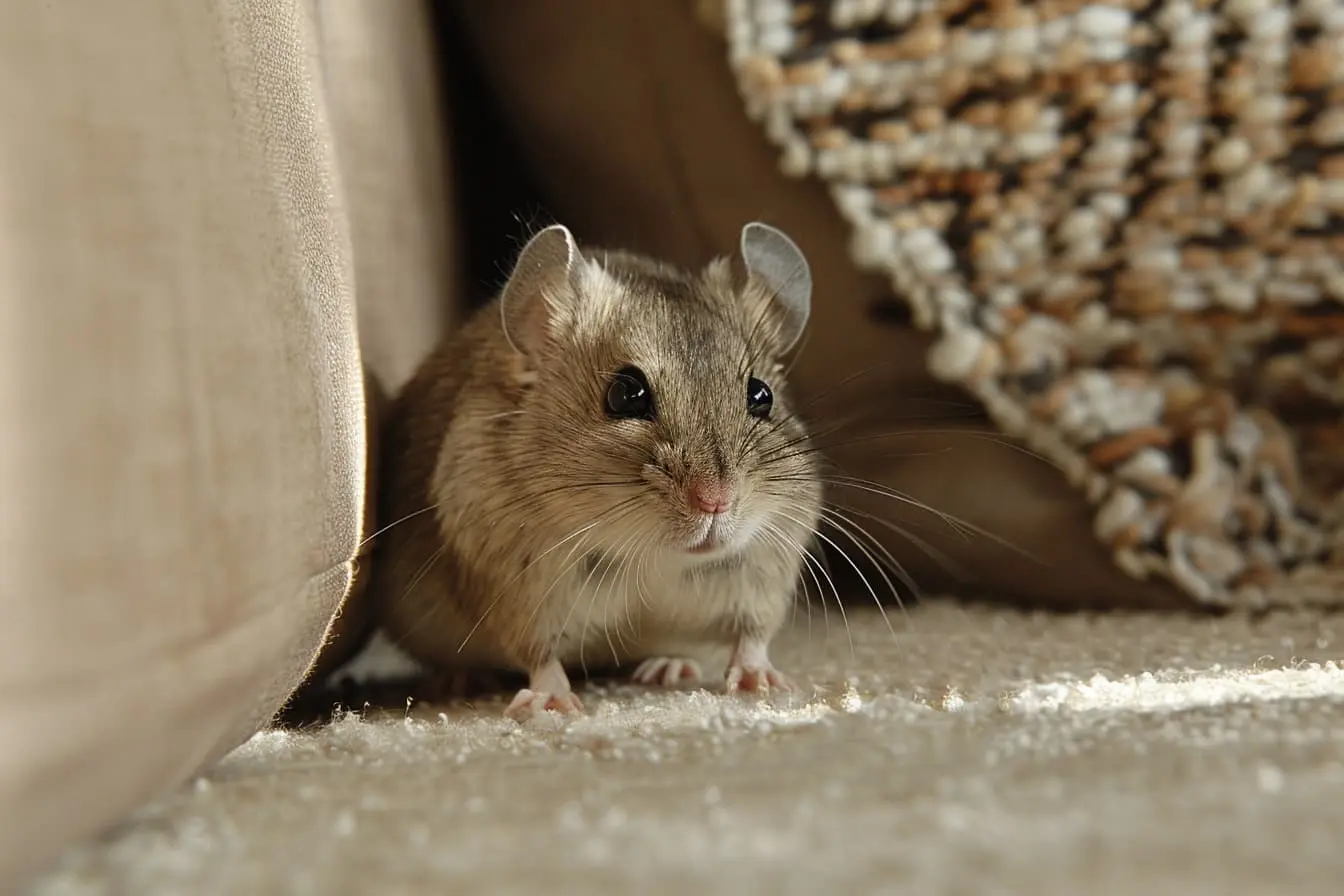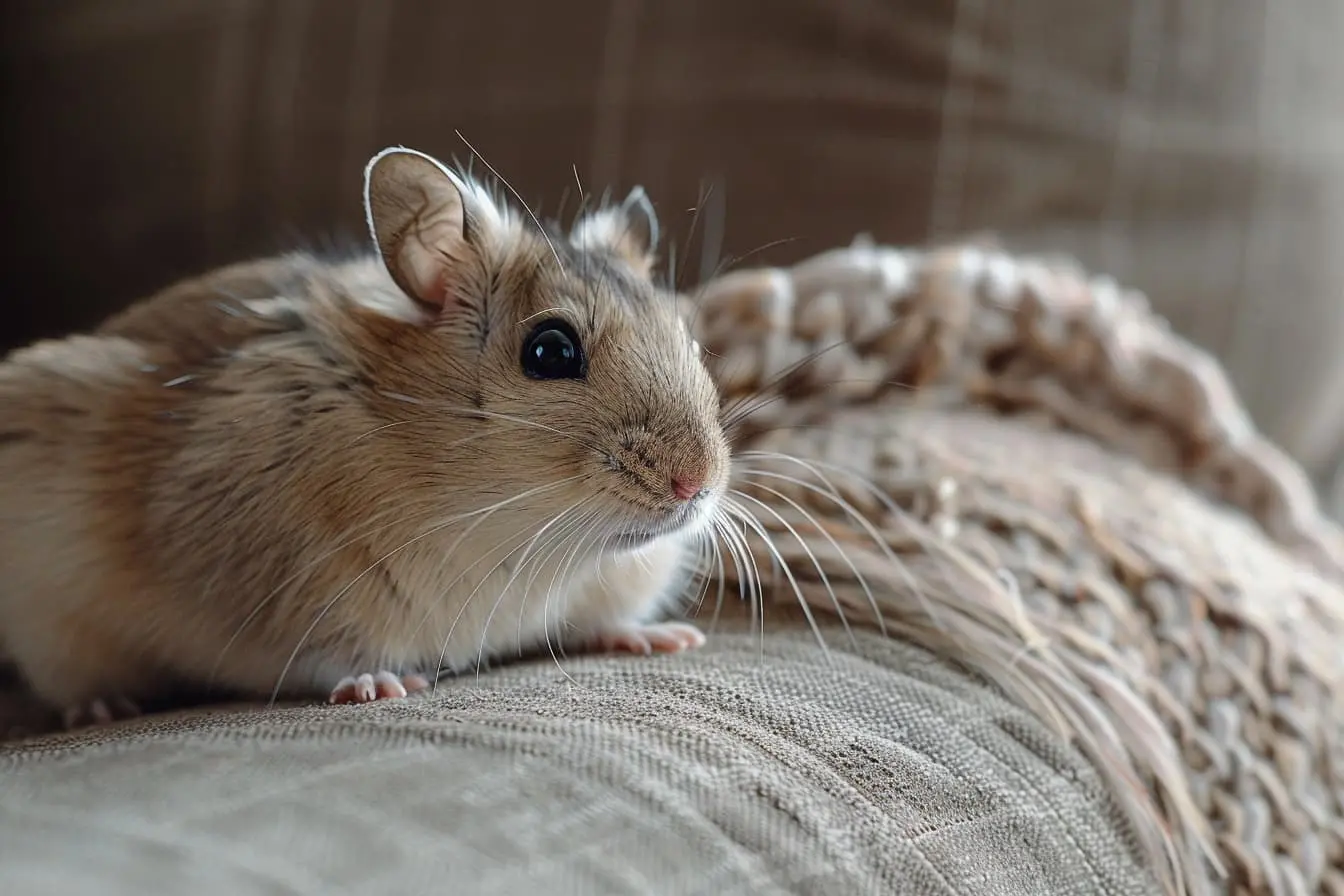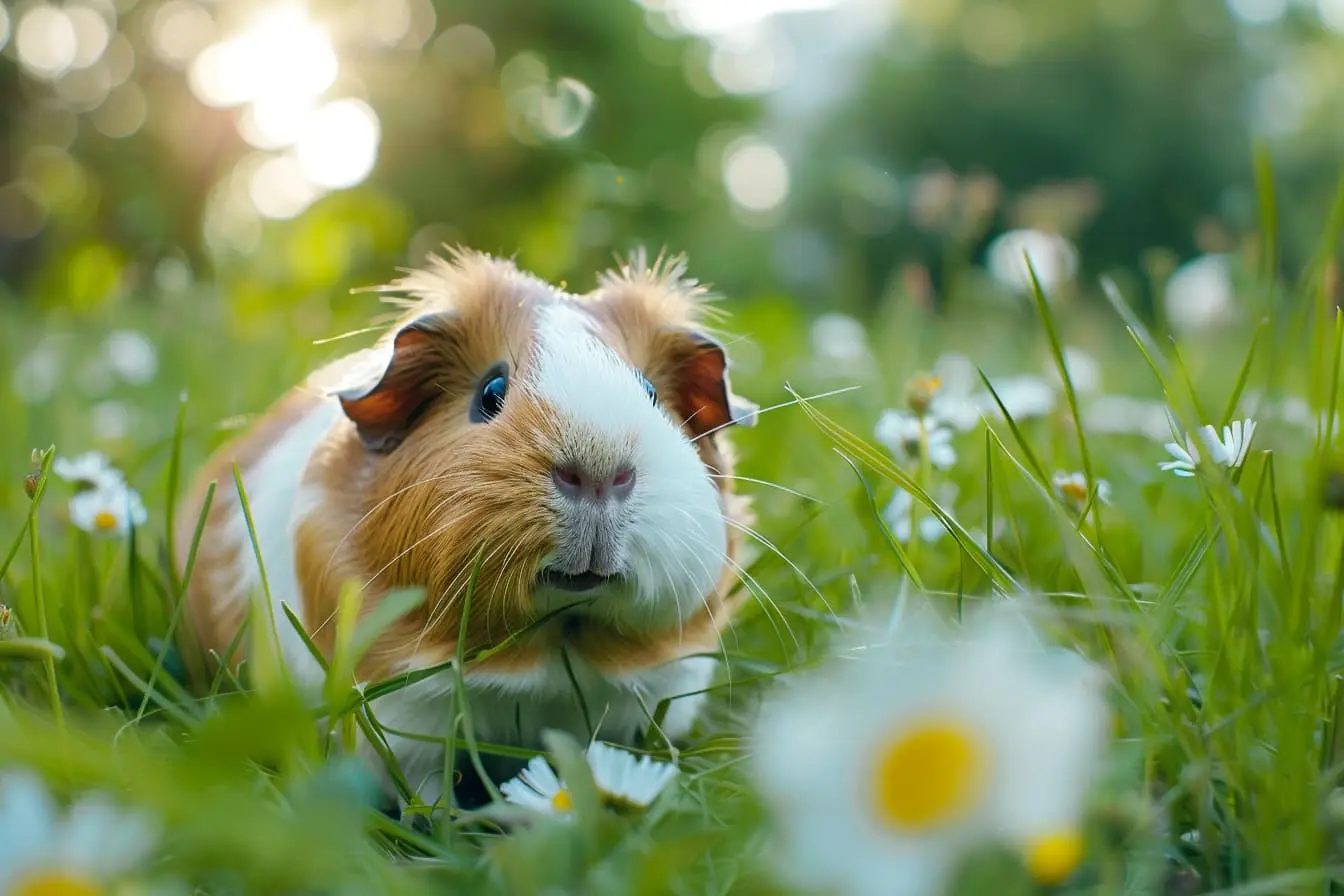
Indoor vs. Outdoor Guinea Pigs: Finding the Best Home for Your Furry Friend
Deciding whether to keep your guinea pig indoors or outdoors is a significant choice that impacts their wellbeing and your interaction with them. Both options have their advantages and considerations, and understanding these can help you make the best decision for your guinea pig's health and happiness. Here's a detailed look at keeping guinea pigs indoors versus outdoors, helping you navigate this important decision.
Indoor Guinea Pigs: Pros and Cons
Pros
- Climate Control: Indoor environments provide protection against extreme weather, keeping guinea pigs safe from cold winters and hot summers.
- Safety: Indoors, guinea pigs are safe from predators and have less exposure to diseases and parasites.
- Social Interaction: Keeping guinea pigs indoors promotes more interaction with the family, which is beneficial for their social nature.
- Observation and Care: It's easier to monitor their health and behaviour closely when guinea pigs are indoors, allowing for prompt attention to any issues.
Cons
- Space: Indoor setups may offer less space than an outdoor hutch, unless a significant portion of a room is dedicated to them.
- Ventilation: Proper ventilation is crucial to prevent the buildup of ammonia from urine. Indoor spaces require regular cleaning and good air circulation.
- Chewing Hazards: Guinea pigs have a natural need to chew. Indoors, this means safeguarding electrical cords, furniture, and toxic houseplants.
Outdoor Guinea Pigs: Pros and Cons
Pros
- Natural Environment: Outdoor hutches with a run attached can offer more space for guinea pigs to explore, and access to fresh grass can be a treat.
- Behavioural Enrichment: Being outdoors allows guinea pigs to experience natural stimuli, like variations in light and opportunities to graze, which is beneficial for their mental health.
Cons
- Weather Vulnerability: Guinea pigs are sensitive to temperature changes. Outdoor environments must be carefully managed to protect them from extreme temperatures and damp conditions.
- Predators and Safety: Outdoor guinea pigs are at risk from predators such as foxes and cats. Their hutches must be secure and well-constructed to offer protection.
- Health Risks: Exposure to outdoor elements can increase the risk of health issues, including parasites and respiratory problems from damp bedding.
Making the Decision
Consider Your Climate
The local climate plays a significant role in this decision. Guinea pigs thrive in mild temperatures and can suffer in extreme heat or cold.
Assess Your Space
Evaluate your available space indoors and outdoors. An indoor cage requires ample room for exercise and enrichment, while an outdoor hutch needs to be secure and insulated against weather extremes.
Reflect on Your Lifestyle
Consider how much time you can dedicate to interacting with your guinea pigs and how easily you can monitor their health and safety in each setting.
Health and Safety First
Regardless of where you choose to house your guinea pigs, ensuring their environment is clean, safe, and enriching is paramount. Regular interaction and health checks are also essential to their wellbeing.
Conclusion
Both indoor and outdoor accommodations can make excellent homes for guinea pigs, provided their needs for safety, comfort, and interaction are met. Your lifestyle, space, and ability to modify their living environment to address potential concerns are critical factors in this decision. Whichever option you choose, creating a loving, stimulating, and safe home for your guinea pigs is the key to their happiness and health.
Vets near you
Speciality vets
- Aquatics vet specialists
- Birds vet specialists
- Camelids vet specialists
- Cats vet specialists
- Cattle vet specialists
- Deer vet specialists
- Dogs vet specialists
- Equines vet specialists
- Exotic vet specialists
- Goats vet specialists
- Pigs vet specialists
- Poultry vet specialists
- Sheep vet specialists
- Small Mammals vet specialists
- Wild vet specialists
Vet facilities
- Accessible by public transport
- Blood testing
- Car park nearby
- Client car park
- Dentistry
- Diagnostic imaging
- Disabled public access
- Flea and worm treatments
- Microchipping
- Mobile services
- Neutering
- Open at weekends
- Out-of-hours service
- Referral interests
- Referrals only
- Street parking outside
- Toilets available
- Vaccination clinic
